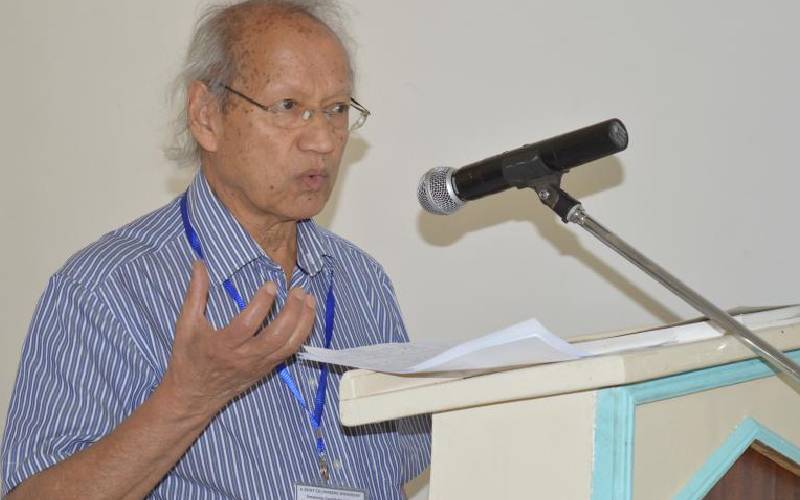
I would like to reflect on a convivial evening that the leadership of Kenyan civil society convened last week, in honour of Prof Yash Ghai. Conversations during the well-attended event went until late, because of our poor time keeping as it was a reflection of the interest that people have for Ghai. The audience included Chief Justice David Maraga and Deputy Chief Justice Philomena Mwilu, as well as a number of political leaders and many other people.
While Ghai’s later work as chair of the Constitution of Kenya Review Commission is now much storied, his early life as an academic is less well known, especially by the current generation but is also remarkable. In 1970, Ghai co-authored, with the late Patrick McAuslan, the pioneering book, Public Law and Political Change in Kenya. Almost half a century later, the book is still widely referenced and remains foundational text on public law in Kenya. It is the most cited law book in Kenyan history, underlying what has proved an enduring contribution to legal scholarship. Ghai was barely out of his twenties when he wrote the book.